Cough Syrup for Kids: Safe or Risky? Every Parent Must Read
Summary
Overview:
When your child starts coughing repeatedly, it can be worrying. It also makes nights stressful because your little one cannot sleep well. As a parent, you naturally want to do something fast to help.
Most parents think of cough syrup at this point. It feels like the easiest way to give relief. However, the truth is that cough syrups for children are not always as safe or effective as they appear. Some work, some don’t, and some can even cause problems if used the wrong way. In this blog, we will help you understand when cough syrup is safe for pediatric use, when it can be risky, and what you should do before giving it to your child.
Do Kids Really Need Cough Syrup?
Many parents believe that cough syrup works like magic. Unfortunately, that’s not always true.
1. Not every cough requires medicine.
Many parents feel that every cough needs a syrup, but that’s not true. Most coughs in children happen because of mild viral infections, and these usually settle on their own. Sometimes rest, warm fluids, and simple home care are all a child needs.
Dr. Rahul Aggarwal, a Renowned pediatrician in Gurgaon at Miracles Apollo Cradle, explains, “Most childhood coughs don’t need medicines. Parents should focus on comfort and hydration first.” Giving cough syrup when it’s not needed doesn’t speed up recovery and may even cause unnecessary side effects.
2. Overdosing has silent dangers.
It’s easy to think that a little extra syrup will work faster, but this can be dangerous. Too much cough syrup can cause side effects like sleepiness, irritability, vomiting, or even breathing problems. The scary part is that these signs often appear slowly, which makes them easy to miss. That’s why dosing should always be exact.
3. Children metabolize drugs differently.
Kids are not just “small adults.” Their bodies process medicines differently. A dose that seems small to an adult can be too much for a child. This is why doctors are very specific about which syrups are safe at different ages and why self-medication can be risky.
Are Cough Syrups Safe for Kids?
This is one of the most common concerns parents have—and it’s a very important one.
1. Safe When Used Correctly
Cough syrups can be safe for children, but only under the right conditions. They should be given when:
-
The child is of the appropriate age
-
The correct dose is measured accurately
-
A doctor has recommended the syrup
-
The medicine matches the child’s actual symptoms
When used properly, these medicines can provide short-term relief and make breathing and sleeping easier for kids.
2. Risky When Misused
Problems arise when cough syrups are used without proper guidance. They become unsafe if:
-
Given to children under 2 years of age
-
The dose is guessed rather than measured
-
More than one cough syrup is given at the same time
-
Adult cough syrup is given by mistake
-
The child has an existing medical condition
Incorrect use can lead to side effects such as drowsiness, rapid heartbeat, confusion, vomiting, or even breathing difficulty.
Common Side Effects of Cough Syrup in Kids
Most kids tolerate cough syrups well when taken correctly, but some may experience:
-
Sleepiness
-
Upset stomach
-
Irritability
-
Fast heartbeat
-
Allergic reactions
-
Difficulty breathing (rare but serious)
If your child shows any unusual symptoms, stop the medication and contact a doctor immediately.
Safer Alternatives to Cough Syrup For Kids
Before reaching for medicine, there are many gentle remedies that can help ease your child’s cough. These options are safe, easy, and often work better for mild coughs:
-
Warm Fluids: Warm water, soups, and herbal teas can soothe the throat and reduce irritation.
-
Humidifier: Adding moisture to the air helps reduce dryness and makes breathing more comfortable.
-
Honey (for children above 1 year): Honey can naturally calm a cough and even improve sleep.
-
Saline Nasal Drops: These help clear a blocked or stuffy nose, especially when a cold is causing the cough.
-
Steam Inhalation: Warm steam loosens mucus, helping your child breathe easier and cough out phlegm.
-
Plenty of Fluids: Staying hydrated keeps mucus thin, which makes it easier to clear.
Cough Syrup and Age: What Parents Should Know
Different age groups need different care:
1. Babies Under 2 Years
No cough syrup is recommended. Doctors strictly advise against giving any OTC (over-the-counter) cough or cold medicines to infants. Instead, use gentle home remedies or consult a pediatrician.
2. Kids 2 to 6 Years
Most OTC cough syrups are still not recommended unless prescribed by a doctor. At this age, kids respond better to honey, warm fluids, and steam inhalation.
3. Kids 6 Years and Above
Some cough syrups may be considered safe, but dosage and type must be chosen carefully.
When to Consult a Doctor?
Seek medical help if:
-
The cough lasts more than 7–10 days
-
There is a high fever
-
The child is struggling to breathe
-
The cough sounds like a “whoop.”
-
The child is very tired or irritable
-
The child is vomiting due to coughing
-
There is chest pain
These may be signs of infections like pneumonia, asthma, or allergies that need proper treatment.
Conclusion:
Coughing is common in children, and in many cases, it gets better with rest, warm fluids, and a little care at home. Cough syrups may seem like a quick fix, but they are not always the safest or the most effective option, especially for younger kids. What matters most is using the right treatment at the right time.
If you are ever unsure about which medicine to give, or if your child’s cough is lasting too long, it is always better to consult a pediatrician near you for cough treatment. A proper check-up ensures your child gets the safest and most effective care.
Your child’s health and comfort come first, and the best decisions are always the informed ones.
Frequently Asked Questions
Only age-appropriate syrups prescribed by a pediatrician are safe; OTC cough syrups are not recommended for children under 6 years.
Most pediatricians suggest warm fluids, honey (above 1 year), steam, saline drops, and treating the underlying cause instead of using cough syrups.
Most coughs are viral and get better on their own, while cough syrups may cause side effects instead of speeding up recovery.
Keep the air clean and humid, maintain good hydration, avoid smoke exposure, wash hands frequently, and manage allergies if present.
You can visit Miracles Healthcare, where a team of pediatric specialists provides safe and comprehensive cough and cold treatment for children.



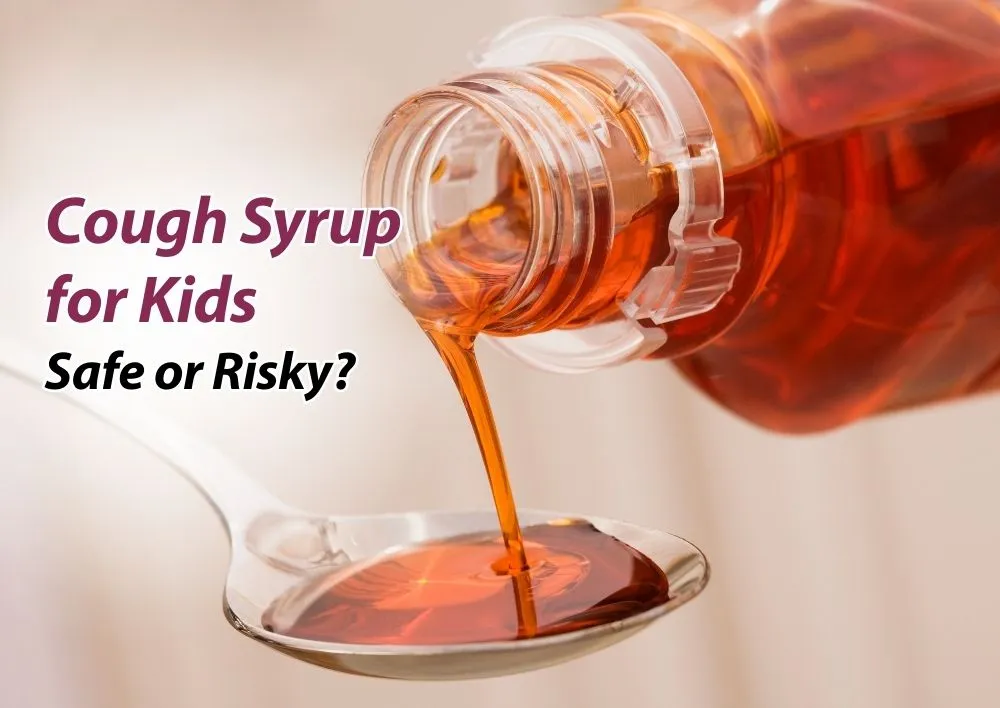


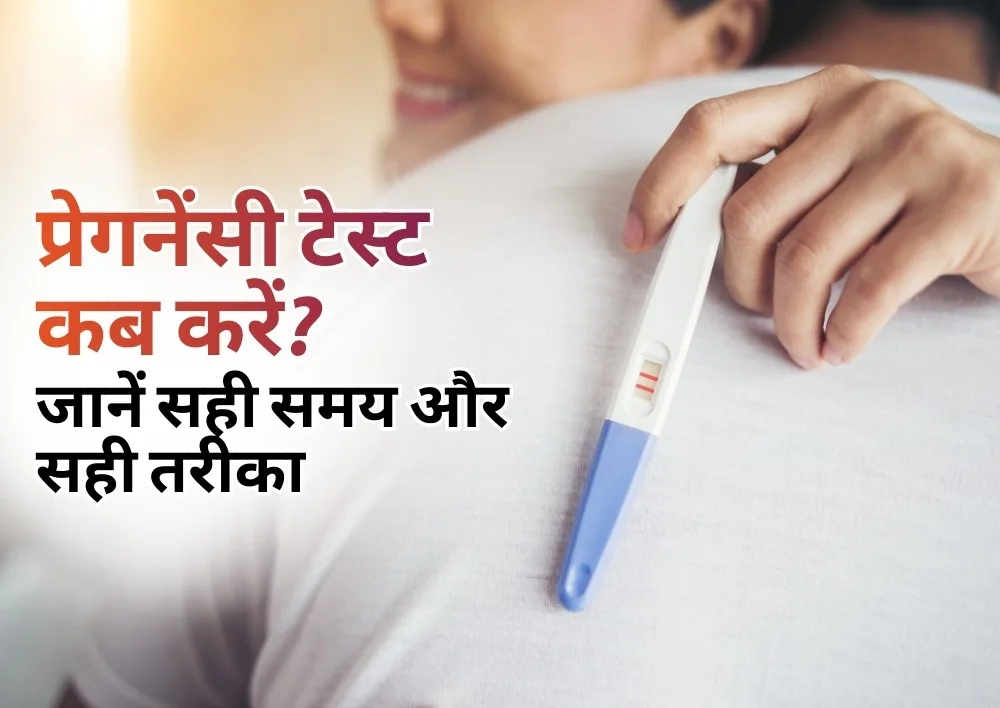
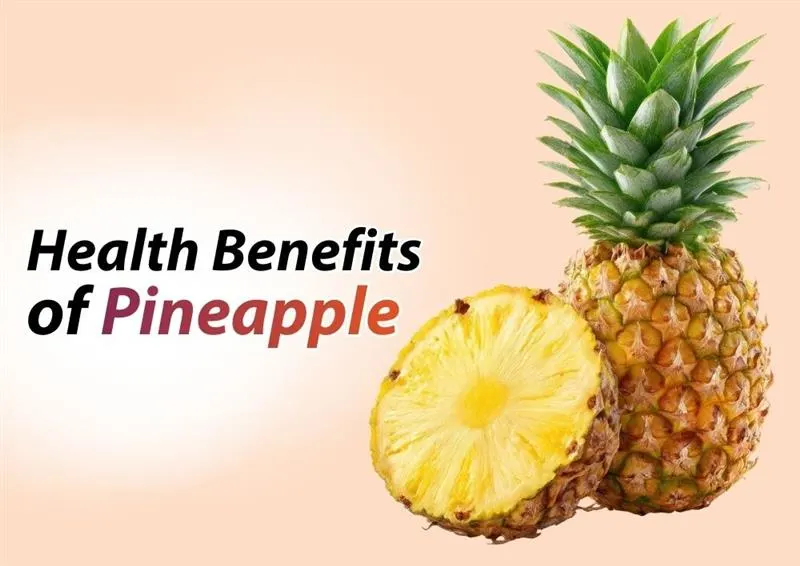
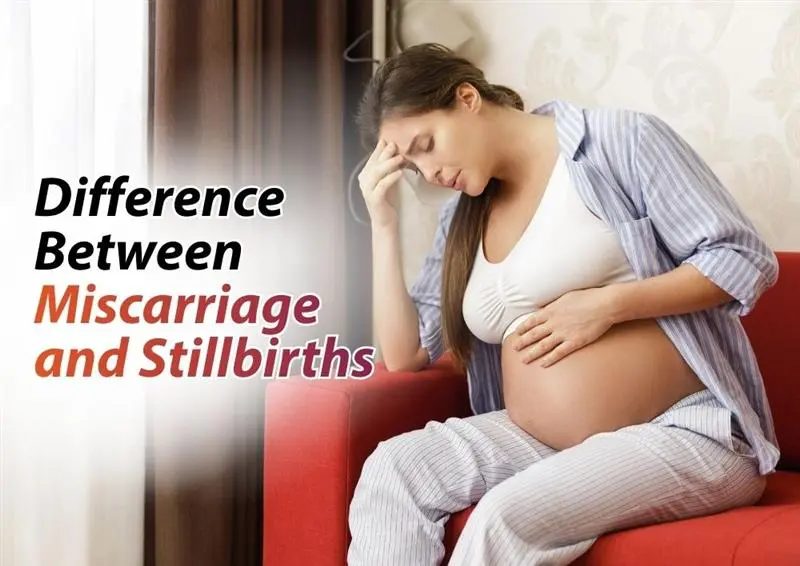
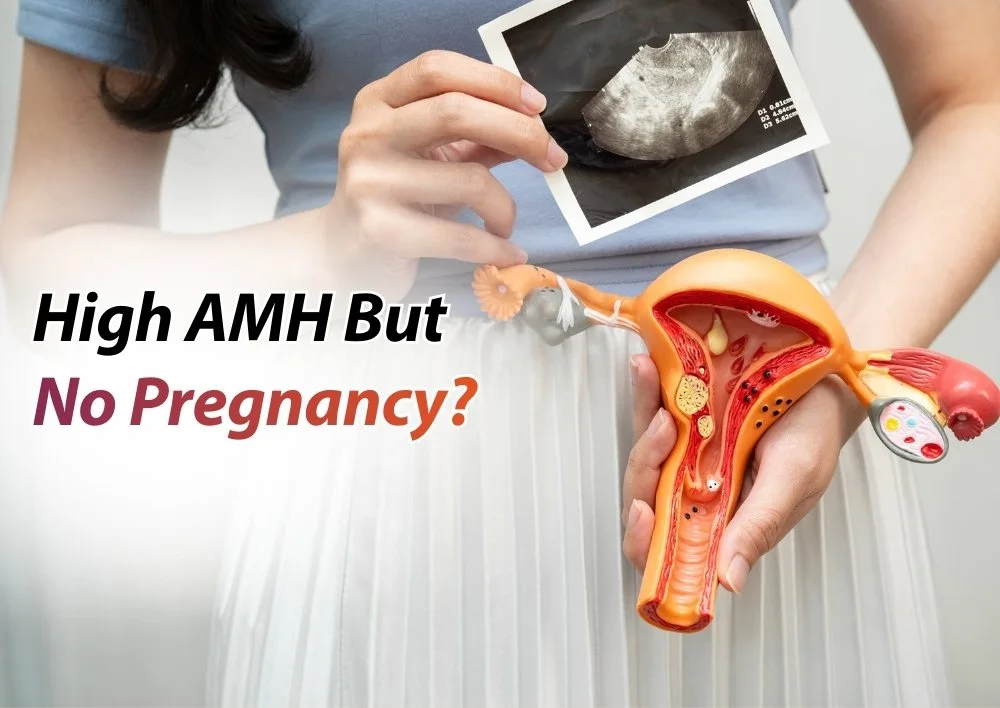
.webp)





Was the information useful?
0 0